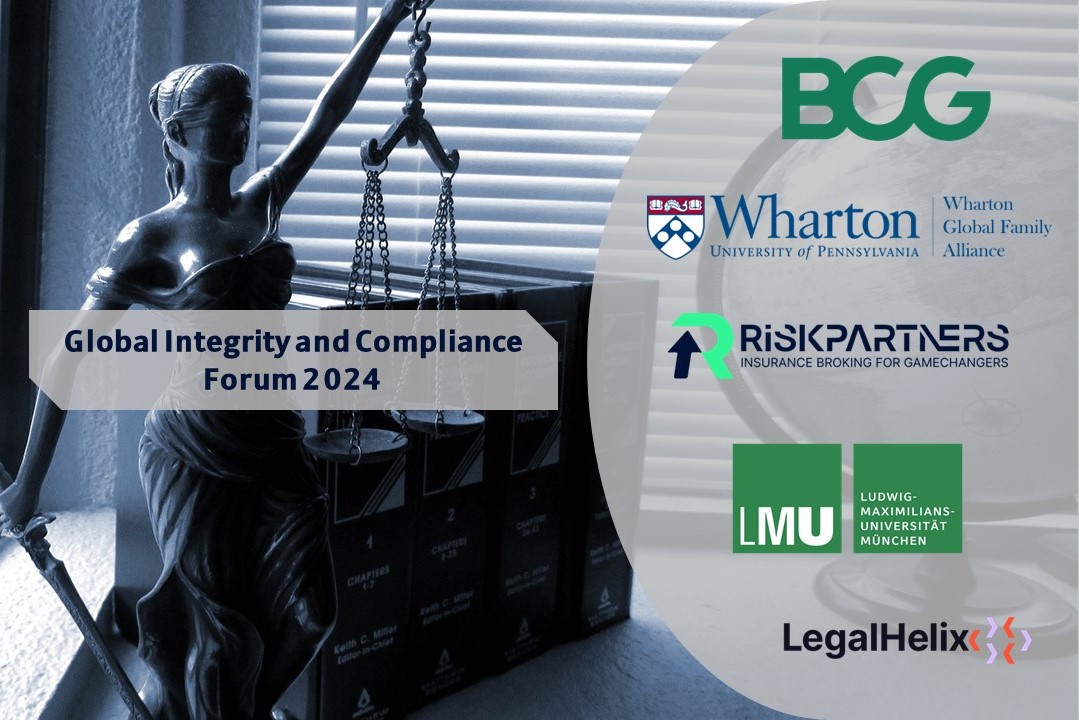On the other hand, many companies do not (yet) have an insurance department with their own staff or cannot find suitable personnel. Above a certain size, your industrial risk and insurance issues require professional support to ensure that your investments and strategies are adequately protected. This is where we provide you with support tailored to your needs.
Building up your own staff to deal with your internal insurance issues is time-consuming and cost-intensive. This work is often carried out by the head of finance or legal, for example, but not by professionally trained insurance staff.
Our solution for your company: Rent-an-Insurance-Manager
- Rent your "own" insurance department for a certain period of the year
- Simply outsource the management and administration of insurance contracts
- Reduce costs - increase security
Our "Rent-an-Insurance-Manager" concept allows you to hire core competencies in the field of insurance for a limited period of time and tailored to your needs, as if you had your own staff in place.
As an outsourced insurance department, Risk Partners manages and handles your company's insurance work, e.g. as an in-house contact for insurance issues, an interface to your insurance broker or to your insurers.
Your added value through Rent-an-Insurance-Manager:
- Efficient use of personnel and costs. Existing processes are optimized while at the same time freeing up your internal resources in their specialist areas (legal/finance)
- "Bookable on a temporary basis", for example if you have staff shortages during peak periods such as renewals or annual financial statements and need support at short notice
- Saves time: freed-up capacity can be used in other core areas of your company
- "Professional sparring" relieves and supports your existing team with a second opinion
- Professional support for your insurance issues through the use of qualified insurance expertise
- By increasing the quality of work, you also reduce risks for your management's liability









